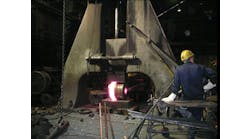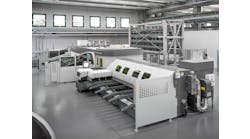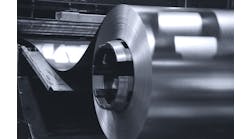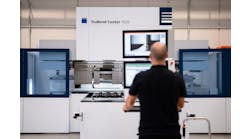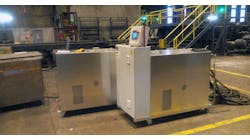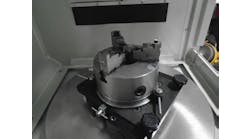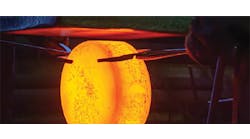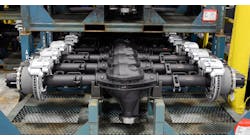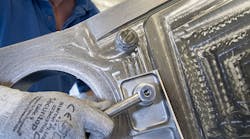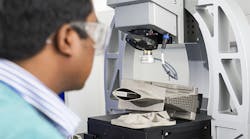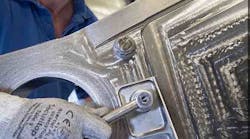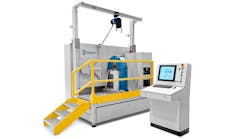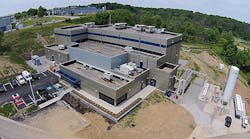Aluminum giant Arconic reported it is engaged in cooperative research with Airbus SAS to develop large-scale 3D-printed airframe parts. Their efforts are directed a defining production processes and design parameters for parts up to 1 meter (or 3 feet) long, drawing on Arconic’s current capabilities in metallurgy and metal additive manufacturing, and Airbus’s expertise in aircraft design and qualification.
The financial commitments and other terms of their agreement, including its length and the intellectual property rights of the results, were not detailed.
Research will be conducted at Arconic’s forging complex in Cleveland and the Arconic Technology Center near Pittsburgh. Both locations also have additive and advanced manufacturing capabilities, it noted.
Arconic and Airbus have a long working relationship, in particular involving long-term supply of aluminum and titanium products for aircraft production. Last year, Arconic and Airbus established a series of agreements concerning production of 3D-printed titanium and nickel-alloy parts for commercial aircraft, including the A320 and A350 XWB platforms.
In September, announced it had delivered a 3DP titanium airframe bracket for the Airbus A350 XWB program, a part produced at Arconic Titanium and Engineered Products’ additive manufacturing plant in Austin, TX.
Arconic uses electron-beam, high-deposition rate technology to form parts in aerospace alloys, a method it claims is ideal for forming larger aerospace components because the build-rate is faster than other additive manufacturing processes (up to 100X faster than technologies used to produce smaller, complex structures.)
Also, Arconic noted the development program will include its proprietary Ampliforge™ process, which follows additive manufacturing with a hot isostatic pressing sequence, to enhance the material properties of a structure, to improve is density and fatigue resistance, with advantages in material input and production lead-time over alternative production processes.
“This agreement combines the expertise of two of the world’s top aerospace additive manufacturing companies to push the boundaries of 3D printing for aircraft production,” stated Arconic EVP Eric Roegner, who also is the group president for Arconic Engineered Products and Solutions and Arconic Defense.

